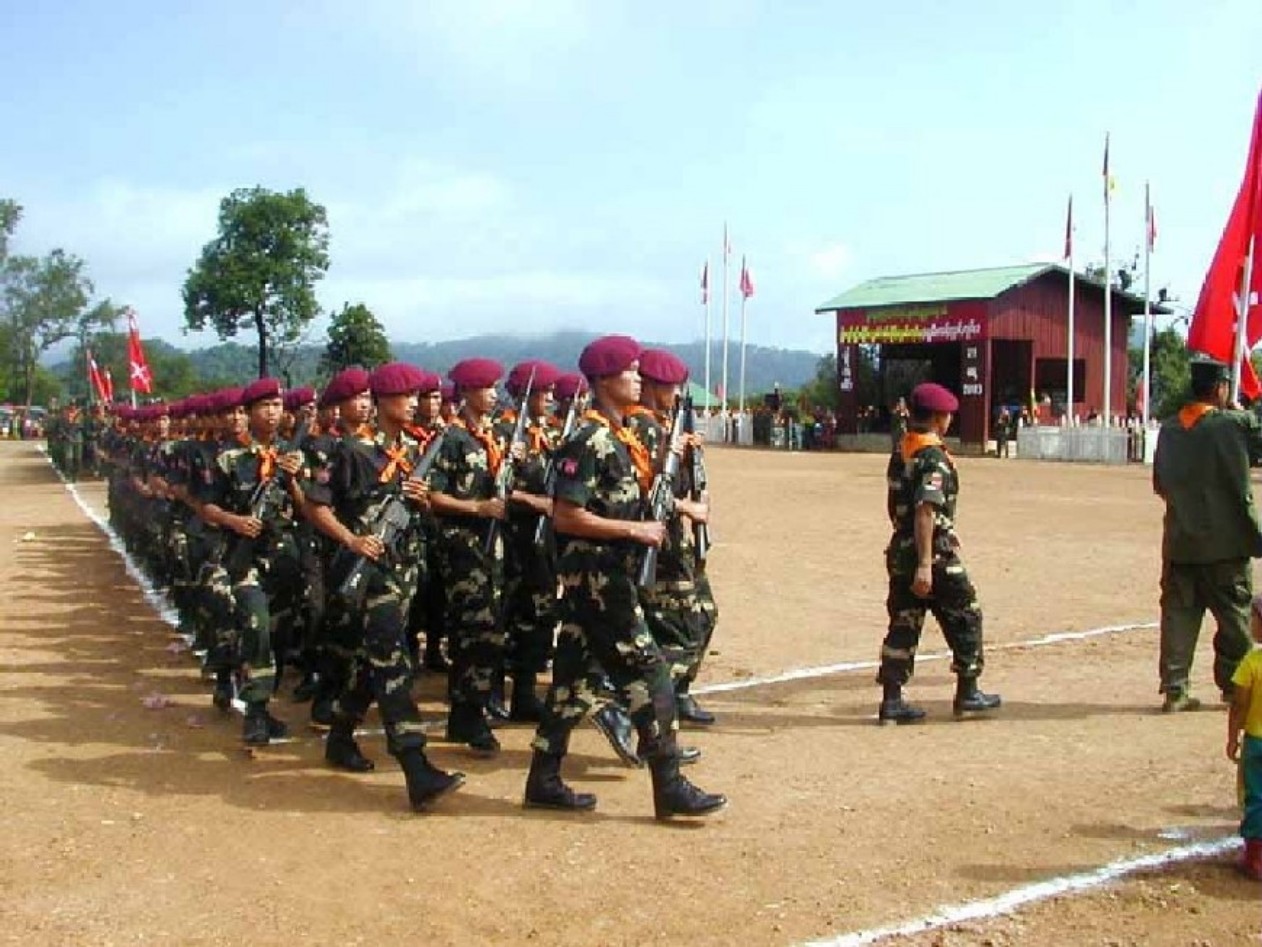The logic of the U.S. initiative is easy to grasp. China and Russia, the SPDC’s diplomatic supporters (and business partners – if Burma were Nazi Germany they’d be in the “let’s sell them ovens” camp), would find it difficult politically to reject such language, particularly since it is non-binding. Then, having set the precedent of Security Council action on Burma, the U.S. could move on to stronger, binding resolutions, and even sanctions.
The effort was suspended until this year. The main reason for this was to complete the Security Council sanctions against Iran’s nuclear program, which to the U.S. was a higher priority than the Burma resolution.
The revised membership of the Council also favors action on Burma. Four states out of the ten that supported the inclusion of the country as an agenda item (Denmark, Greece, Japan and Argentina) have left, but potentially all five new members (Belgium, Indonesia, Italy, Panama and South Africa) will back action. This would yield eleven countries in support of a resolution, and prospectively other future steps, up from the ten in 2006.
Current membership includes the five permanent members, the U.S., U.K., France, Russia and China; the states whose terms expire at the end of this year, Republic of the Congo, Ghana, Peru, Qatar and Slovakia; and the new members. Of the first ten, Russia, China, Republic of the Congo and Qatar opposed adding Burma as an agenda item.
This still leaves the question of priority, though, specifically current U.S. priorities, since it is the resolution sponsor. A review of United States foreign policy reveals that it has the following priority structure.
First priority: Iraq, Afghanistan, Israel, China, North Korea, Iran.
Second: Russia, relations with the U.N., other Middle East (Palestine, Lebanon, Syria, Saudi Arabia), Pakistan, Columbia, Venezuela.
Third: India, the Sudan, Burma.
No priority: African poverty, global environmental problems including global warming, pollution (particularly air pollution from China), deforestation and over-fishing.
For the first three, the State Department has experts on all of these countries and political situations (although throughout the course of their careers the State experts are conditioned to be predisposed against action). The fact that the lower priorities receive such scant and sporadic attention reflects the fact that the leaders in the Administration, President Bush and Secretary Rice, are unable to grasp and set policy on these wide-ranging issues. They are not leading the U.S. to fulfill the role it should and is expected to have.
We are of course also hampered by the fact that a strong spokesperson for action on Burma, John Bolton, left office. At this time there is no way to anticipate how much effort his reported successor, current U.S. Ambassador to Iraq Zalmay Khalilzad, will expend on Burma.
A non-binding resolution against the SPDC is a good next step (after agenda inclusion), but it should not end there. At a minimum a formal investigation of the SPDC’s crimes against humanity should be conducted; an international peacekeeping force should be deployed – to protect the people in Eastern Burma; and an international arms embargo should be imposed.
There are other steps that should be taken as well. For example, a Dictator Watch contributor recently spoke with the head of the Shan State Army - South, Colonel Yawdserk, who asked that the following message be distributed:
All nations should close their local Burma embassies.
The U.N. should expel the SPDC.
Colonel Yawdserk also said that economic sanctions and political pressure will not be enough, and that the only way to get freedom and liberty is to resist the military junta with the use of armed resistance.

Special Forces soldiers of the Shan State Army - South